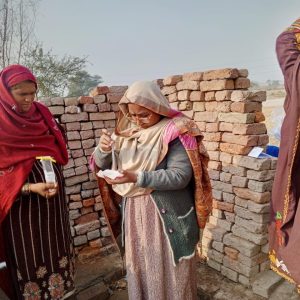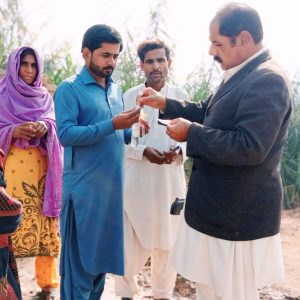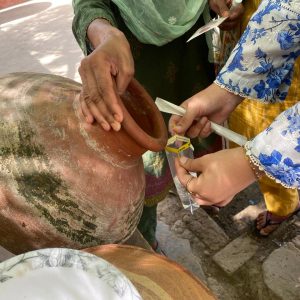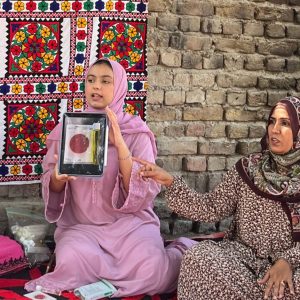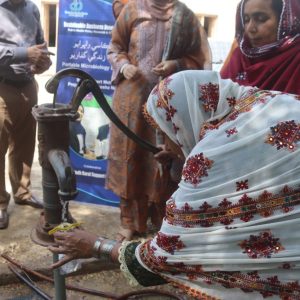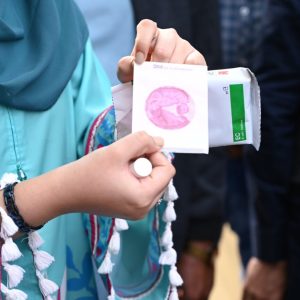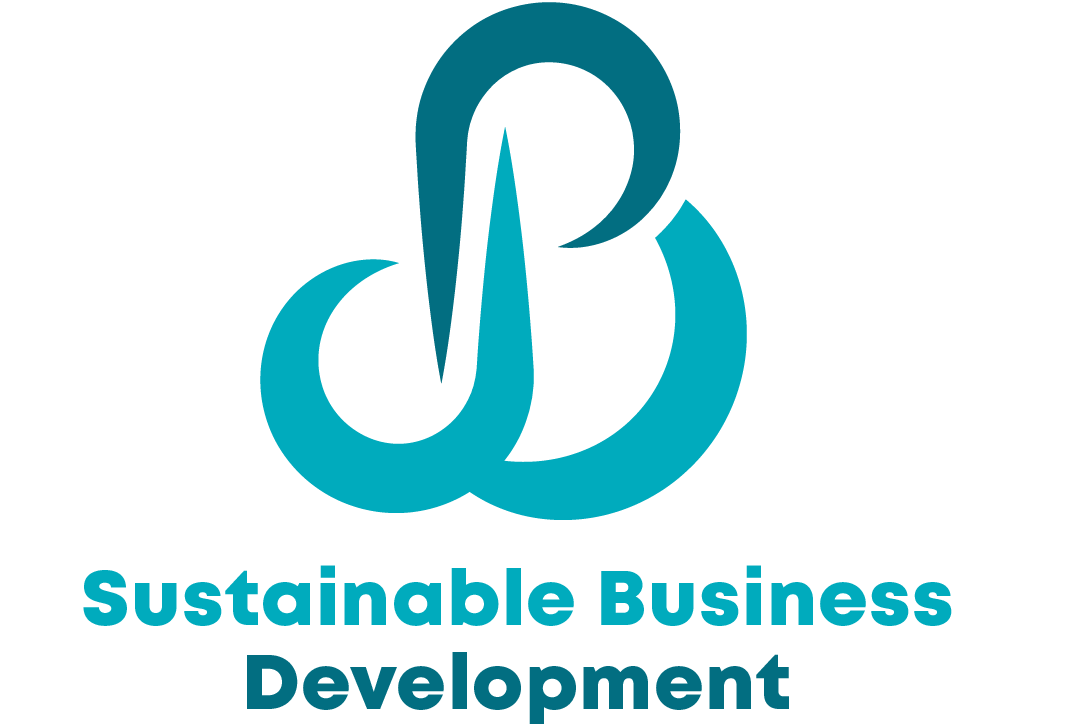Sustainable Business Development
JARR
Community-driven water testing with PML kits to detect health risks in drinking water
JARR, derived from a Sindhi word meaning groundwater, focuses on testing the water people rely on for drinking. Around four billion people, nearly two-thirds of the world’s population, face severe water scarcity for at least one month each year (UNICEF, 2020).
In Pakistan, a 2021 PCRWR report highlighted that drinking water quality in Sindh has significantly deteriorated, signaling an urgent call to action.
To address this, JARR uses Portable Microbiology Laboratory (PML) kits, designed by Dr. Robert Metcalf, Emeritus Professor at California State University, Sacramento (USA), to empower communities, especially women, to test their water safely and conveniently at home.
Alongside community training, JARR conducts research across Upper, Middle, and Lower Sindh to collect groundwater data and perform district-level risk analyses. This data helps:
a) Connect with organizations to address water contamination issues, and
b) Develop tailored policy recommendations for each district to ensure safer drinking water.
Click Here
Districts worked in
0
Women Trained
0
Field Staff Trained
9
PML Kits Used
0
What is Portable Microbiology Laboratory (PML) Kit?
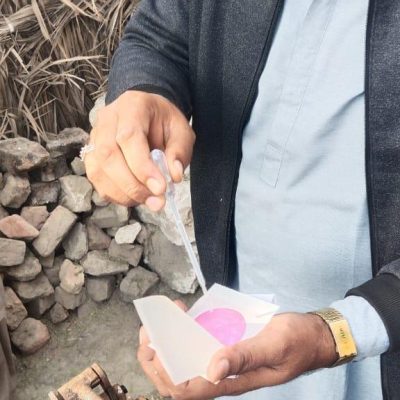
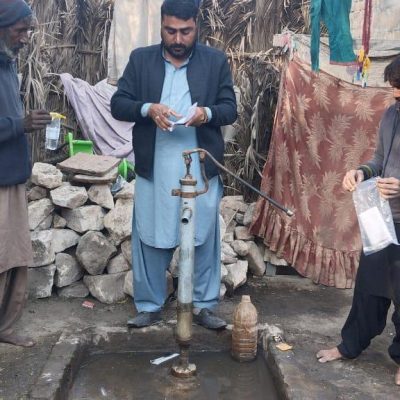
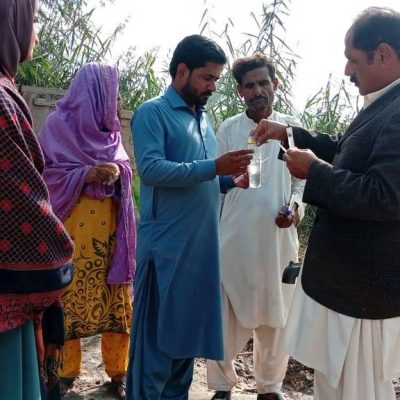
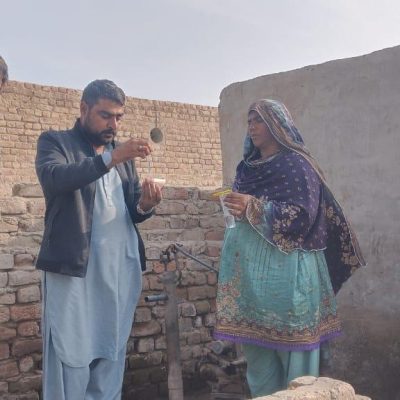
Anosha Nangraj, CEO of SBD, met Dr. Robert Metcalf, Emeritus Professor at California State University, Sacramento, USA, during the ASM Microbe 2024 conference. At this event, Dr. Metcalf introduced Anosha to the Portable Microbiology Laboratory (PML) kits and provided the first set of kits to initiate research in Pakistan, marking the first-ever use of PML kits in the country.
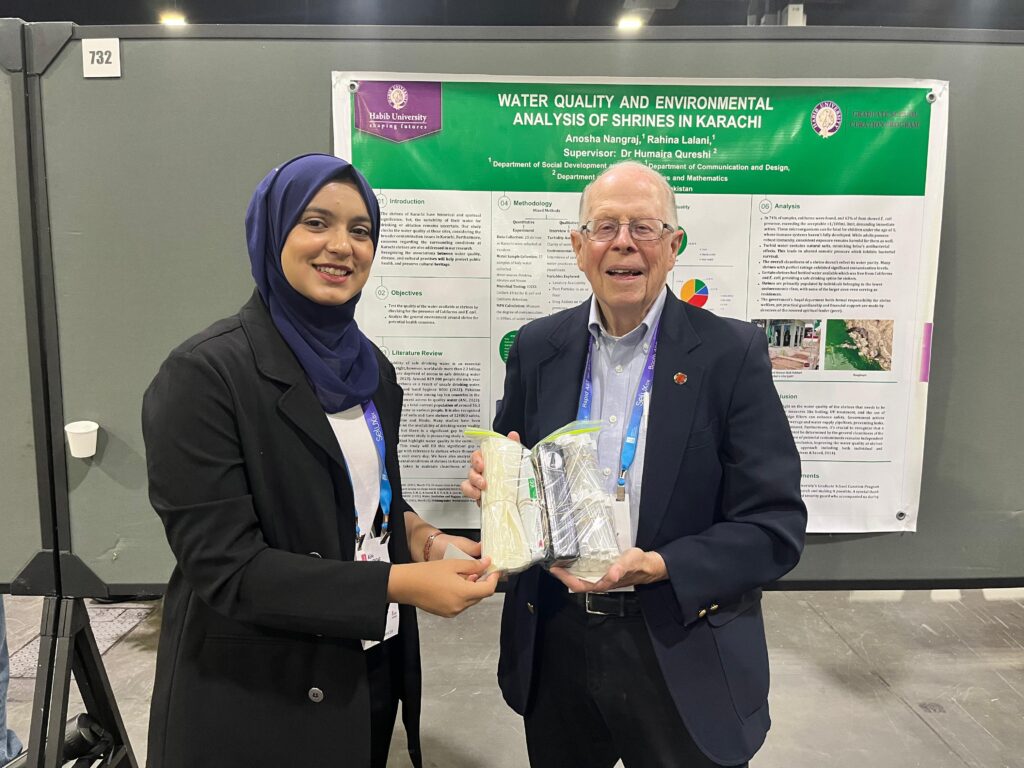
Step 1: Planning & Collaboration: We connect online with Dr. Robert Metcalf to review our ongoing work, discuss community findings, and plan the next phase. Together, we decide the number of additional PML kits required to continue water testing across Sindh.

Step 2: Training & Field Deployment: We partner with organizations through MOUs and train their field staff to use PML kits effectively. These teams then collect water samples, conduct on-site testing, and train local communities, especially women, to test water themselves, empowering them to make informed decisions.
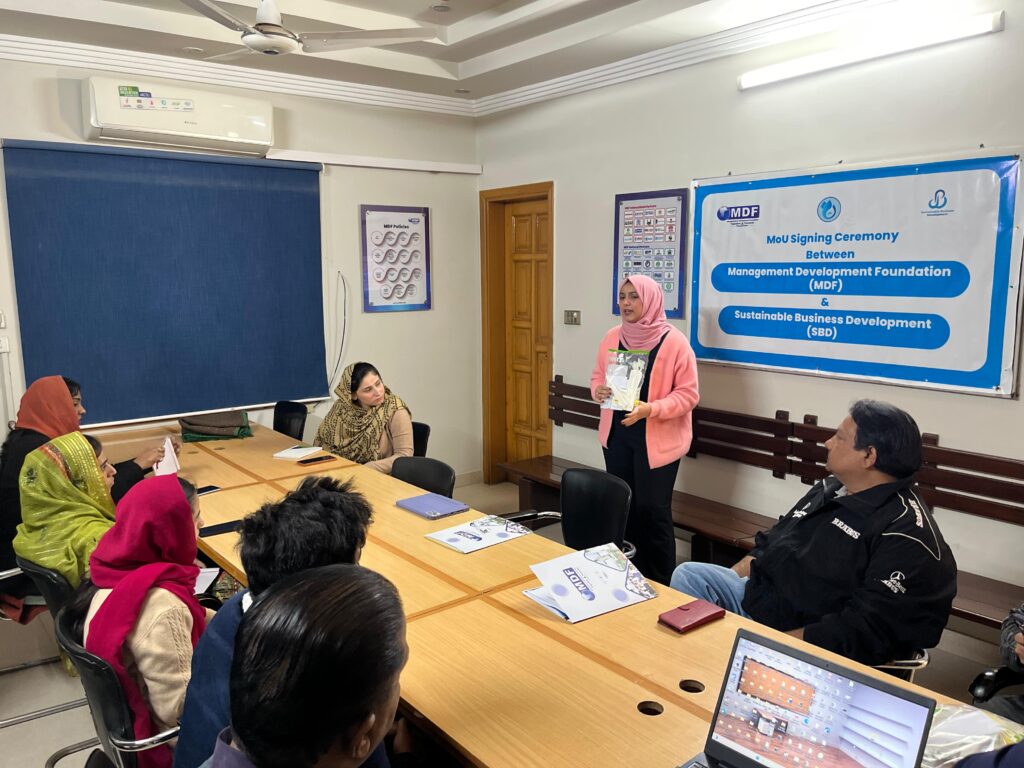
Step 3: Our findings are used to create detailed district-wise reports. These reports help guide policy recommendations and direct relevant organizations to address water safety challenges, moving from community awareness to actionable solutions.
